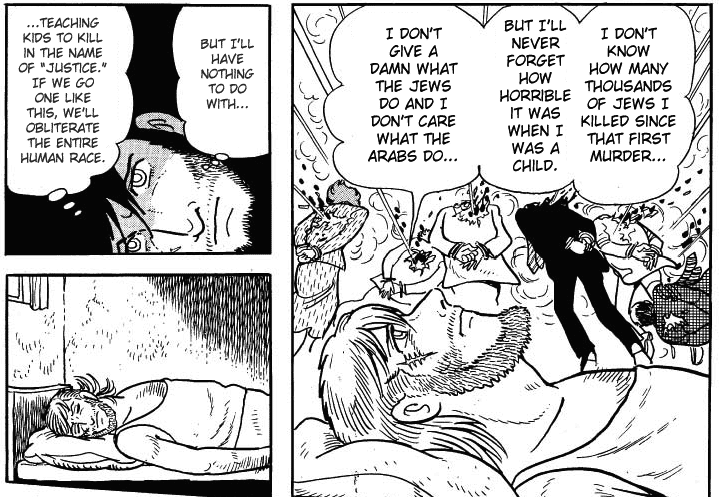I've been neglectful again. I blame it on the fact that I had a post in mind for October that never came to fruition and defeated me for November. Now December's almost over and here I am finally posting something. This is also a very busy time at work which leads me to feeling lazier in other areas of my life. Excuses made!
During the holiday season, one of our smaller cinemas shows
Willy Wonka and the Chocolate Factory in "smell-o-vision" and a quote along
The Princess Bride. I was basically put in charge of it this year, which means long days of scratch and sniff stickers and rodents of unusual size. While there is a good group of adults that like to come out for the
Bride part of the day, the star of the two is definitely
Wonka. Not that I have a problem with that, I prefer the
Wonka screenings where my only job is to hand out goody bags and turn on a bubble machine at the proper interval.
Bride requires someone to dress in a large rodent costume and terrorize the audience, which I always make a minion working with me do. Thankfully, someone is always willing.
Wonka is a strange phenomena to me and one that has become a slight obsession over this winter as I delved into decorating a lobby and picking out candy to sell that would amplify the
Wonka experience. I never read Roald Dahl as a child and recall only minor, terrifying moments of the 1971 film. I refused to watch anything starring Gene Wilder well into my adulthood. It wasn't until I watched
The Producers in college that I got over my irrational fear of the man. This year, at the ripe age of 31, I finally read the book as a sort of compliment to my education, research if you will. The book, although very simple and easy to read, is still frightening. Kids being squeezed and stretched and chopped back into their correct proportion is just as alarming in the book as it is in the movie. This should come as no surprise since Dahl was of course a double whammy of darkness, being born of Norwegians in Wales. We Scandinavians like our nights long, our drama dark, and our comedy black. It reads very much like a modern Grimm's fairy tale with the Oompa Loompas offering the moral of the story through their musical commentary. The vices condemned range from grand, greed, gluttony, and bad parenting, to oddly specific, gum chewing and television watching - how would Dahl have felt about today's modern miracles?

One thing that struck me this year was the variety of recognizable quotes from the film. I sit in the dark listening to the scene prior to my bubble cue. It's the scene where Violet turns violet...Violet. We have the Oompa Loompas proselytizing about how gum is good because it keeps you from smoking but bad if you chew it all day long. As Violet is rolled out to be juiced, Wonka ponders, "where is fancy bred? In the heart or in the head?" before distastefully suggesting that they "roll along". A simple search will tell you that this quote is in fact from Shakespeare's
The Merchant of Venice. And this isn't the only time our well read candy confectionaire quotes the Bard. He does so again near the end of the film when he observes "so shines a good dead in a weary world" (also from
The Merchant). One of the more famous quotes attributed to Wonka is "a little nonsense now and then is relished by the wisest men". This is more illusive to track but is thought to be an 18th century proverb often attributed to Joseph Addison. And let us not forget the big daddy of all Wonka quotes, "we are the music makers and we are the dreamers of dreams", the beginning of the poem "Ode" by Arthur O'Shaughnessy. "Candy is dandy but liquor is quicker" however is pure Wonka.

I don't know why this is so intriguing to me. Maybe it's because Wilder's portrayal of him seems so different from the book. In the book he comes across almost as a sprite-like creature, a happy, bouncing, excitable vision in purple velvet, only a trifle deaf when Mike Teavee speaks. Wilder's Wonka is an educated man, spouting Shakespeare and poetry, giving side winks to parents, with a brazenly sardonic sense of humor. Remember "Help. Police. Murder." when Gloop in drowning in chocolate? That line is actually shrieked by Mrs. Gloop in the book. He is someone you don't dare brush by, even though there is a river of the most delicious chocolate in front of you, until he allows you to. He's done a 360 for me, from someone who terrified me as a child to someone I would date as an adult. Strange how that works. I'm sure Freud would have an opinion about it.
































